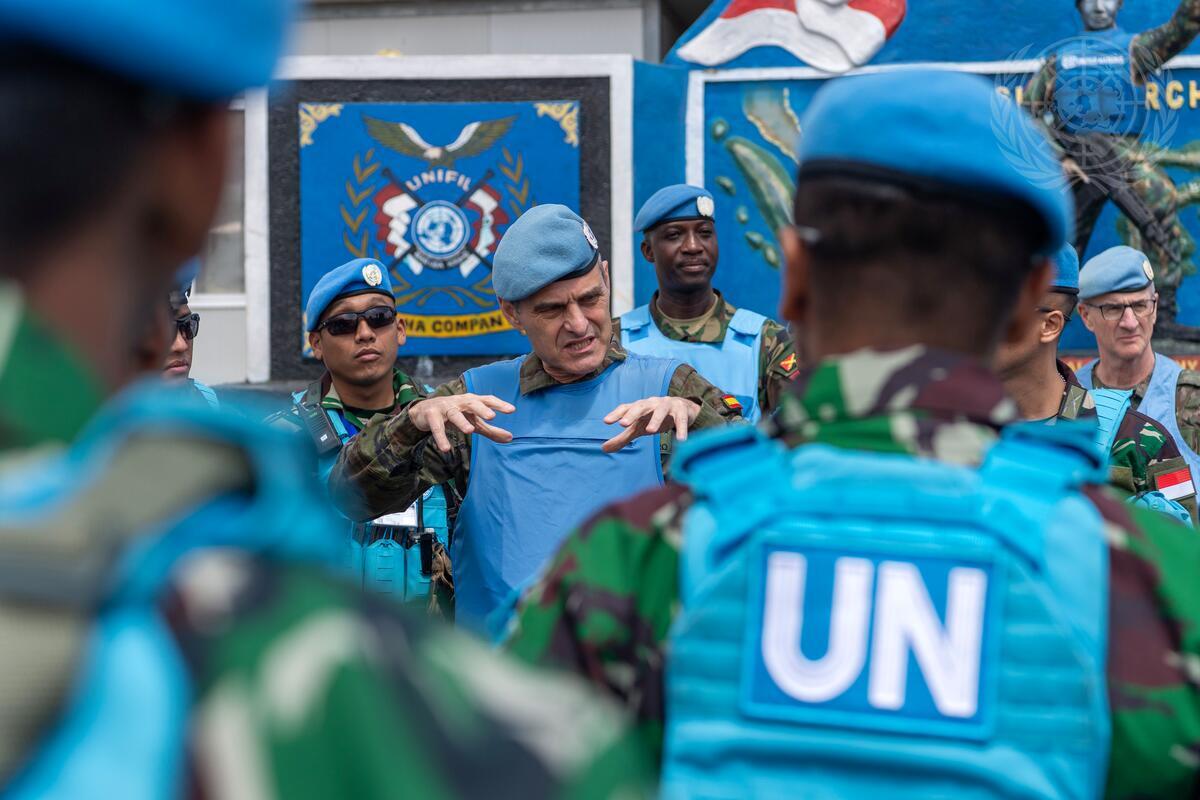UN Security Council discusses about peace operation and new challenges

On Monday, March 24 2025, the Security Council met with member states to decide how to adapt United Nations peacekeeping operations to new threats, particularly by collaborating with regional organizations and actively involving local communities. To make peace operations effective, it is necessary to rationalise available resources, avoiding onerous “Christmas-tree mandates” which extend operations and increase costs.
The United Nations Secretary-General stated that the peacekeeping operations review process will incorporate insights from the New Agenda for Peace and the first comprehensive study of special political missions in the UN's 80-year history.
The importance of cultural change was emphasised during the debate. Jenna Russo, Director of Research at the International Peace Institute and Head of the Brian Urquhart Center for Peace Operations, outlined a series of recommendations. First, she called for strengthening the planning culture within the Secretariat.
Secondly, she said the Organization must accept the risk of peacekeeping operations, emphasizing the need for a culture that creates space to try and even fail, with the aim of learning and improving.
Thirdly, she highlighted that the Secretariat should objectively inform the Security Council about the real situation.
Finally, the director urged the Council to consider the advantages and risks of a modular approach to peacekeeping operations. This proposal provides for a series of tailor-made activities in order to align mandates with available resources, with the risk, however, that some important aspects may be overshadowed.
Regarding greater collaboration with regional organizations, Zane Dangor, Director-General of the Department of International Relations and Cooperation of South Africa, stated that if authorized and supported by the United Nations, the deployment of regional organizations such as the African Union could compensate for the limitations of the organization's peacekeeping operations.
Among the various speeches, that of Panama's Foreign Minister, Javier Martínez-Acha Vásquez, stands out: "peace must be built from the foundations." Conflict resolution mechanisms, he continues, "are more likely to succeed when women leaders are involved in the peacebuilding process."
In conclusion, during the debate, many delegates expressed concerns about overly broad United Nations mandates as being too costly, focusing instead on realistic peacekeeping operations.

